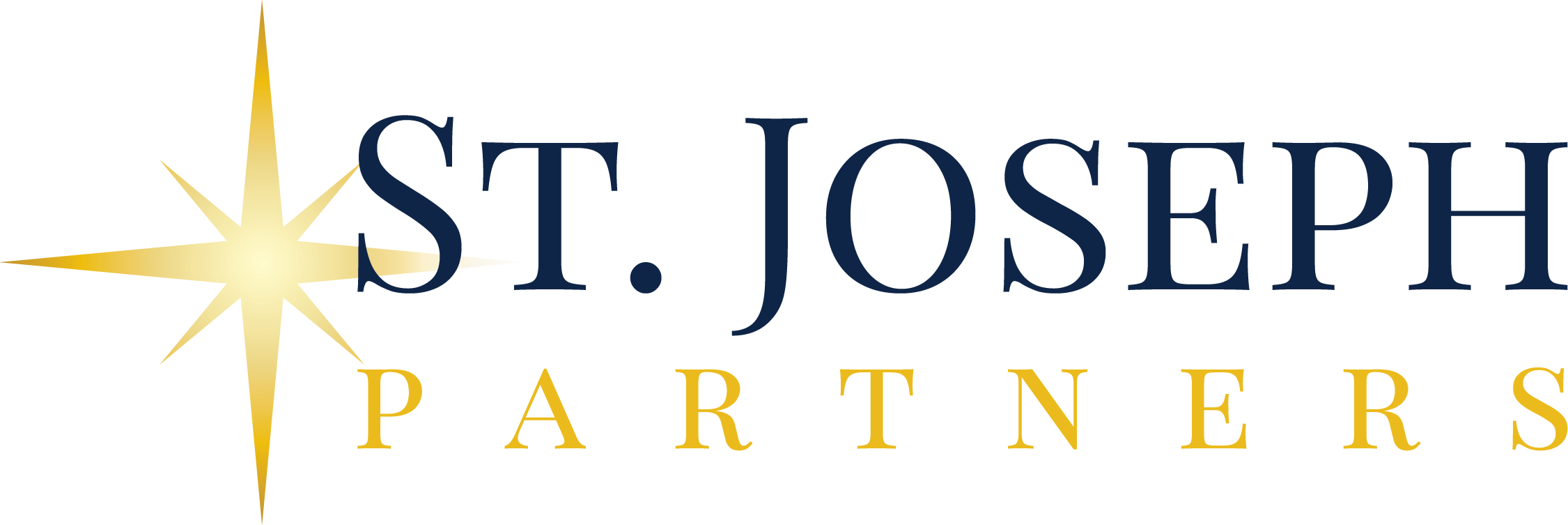Why All Christians Must Fast & How to Start This Year
|
"When you pray, pray first for the Holy Spirit because when you have the Holy Spirit, you have everything." - Medjugorje April 4, 1985 |
| ____________________________________________________________________________ Last month Matthew Please, founder of Chicago’s www.TheCatholicCPA.com, published “The Definitive Guide to Catholic Fasting and Abstinence”. Today’s Fasting Reminder was written by Matthew …
In principio, in the beginning, the very first Commandment of God to Adam and Eve was one of fasting from the fruit of the tree of the knowledge of good and evil (cf. Genesis 2:16-17), and their failure to fast brought sin and disorder to all of creation. The second sin of mankind was gluttony. Both are intricately tied to fasting.
Both Elijah and Moses fasted for forty days in the Old Testament before seeing God. Until the Great Flood, man abstained entirely from the flesh meat of animals (cf. Genesis 9:2-3). Likewise, in the New Testament, St. John the Baptist, the greatest prophet (cf. Luke 7:28) fasted and his followers were characterized by their fasting. And our Blessed Lord also fasted for forty days (cf. Matthew 4:1-11) not for His own needs but to serve as an example for us. Our Redeemer said, “Unless you shall do penance, you shall all likewise perish” (Luke 13:3). Fasting and abstinence from certain foods characterized the lives of man since the foundation of the world.
The Church has hallowed the practice of fasting, encourages it, and mandates it at certain times. Why? The Angelic Doctor writes that fasting is practiced for a threefold purpose:
“First, in order to bridle the lusts of the flesh…Secondly, we have recourse to fasting in order that the mind may arise more freely to the contemplation of heavenly things: hence it is related of Daniel that he received a revelation from God after fasting for three weeks. Thirdly, in order to satisfy for sins: wherefore it is written: ‘Be converted to Me with all your heart, in fasting and in weeping and in mourning.’ The same is declared by Augustine in a sermon: ‘Fasting cleanses the soul, raises the mind, subjects one's flesh to the spirit, renders the heart contrite and humble, scatters the clouds of concupiscence, quenches the fire of lust, kindles the true light of chastity.’”
St. Basil the Great also affirmed the importance of fasting for protection against demonic forces: “The fast is the weapon of protection against demons. Our Guardian Angels more readily stay with those who have cleansed our souls through fasting.”
The Baltimore Catechism echoes these sentiments: “The Church commands us to fast and abstain, in order that we may mortify our passions and satisfy for our sins” (Baltimore Catechism #2 Q. 395). Concerning this rationale, Fr. Thomas Kinkead in “An Explanation Of The Baltimore Catechism of Christian Doctrine” published in 1891 writes, “Remember it is our bodies that generally lead us into sin; if therefore we punish the body by fasting and mortification, we atone for the sin, and thus God wipes out a part of the temporal punishment due to it.”
Pope St. Leo the Great in 461 wisely counseled that fasting is a means and not an end in itself. For those who could not observe the strictness of fasting, he sensibly said, "What we forego by fasting is to be given as alms to the poor.” To simply forgo fasting completely, even when for legitimate health reasons, does not excuse a person from the universal command to do penance (cf. Luke 13:3).
How Can Catholics Help Restore the Practice of Fasting?
While no authority in the Church may change or alter any established dogmas of the Faith, the discipline of both Holy Days of Obligation and fast days may change. The days of obligation and the days of penance are matters of discipline, not matters of dogma. Lawful authorities in the Church do have the power to change these practices.
In the observance of the two precepts, namely attending Holy Mass on prescribed days and fasting and abstaining on commanded days, we obey them because the Church has the power by Christ to command such things. We do not abstain from meat on Fridays for instance because the meat is unclean or evil. It is the act of disobedience that is evil. As Fr. Michael Müller remarks in his Familiar Explanation of Christian Doctrine from 1874: "It is not the food, but the disobedience that defiles a man." To eat meat on a forbidden day unintentionally, for instance, is no sin. As the Scriptures affirm it is not what goes into one's mouth that defiles a man but that disobedience which comes from the soul (cf. Matthew 15:11).
Yet, even with such a distinction, the Church has historically been wise to change disciplines only very slowly and carefully. As Archbishop Fulton J. Sheen once remarked, "It is a long-established principle of the Church never to completely drop from her public worship any ceremony, object or prayer which once occupied a place in that worship." The same may be said for matters concerning either Holy Days of Obligation or fast days. What our forefathers held sacred should remain sacred to us in an effort to preserve our catholicity not only with ourselves but with our ancestors who see God now in Heaven.
St. Francis de Sales remarked in the 16th / early 17th century, “If you’re able to fast, you will do well to observe some days beyond what are ordered by the Church.” To that end, I have launched the Fellowship of St. Nicholas to coincide with the publication of “The Definitive Guide to Catholic Fasting and Abstinence” as a means for Catholics to commit to stricter fasting and to encourage one another. Spend some time learning about how strict fasting underscored Catholic life not just in Lent but weekly on Wednesdays, Fridays, and Saturdays, on the vigils of great feasts, and in the forty days leading up to Christmas. Click Here & Join Us - Receive Our Free Fasting Reminders ____________________________________________________________________________ |
|
Why We Fast – Our Core Fasting Intentions 1) For the Holy Spirit to reign down upon America renewing our land as the Christian, capitalist meritocracy we were founded to be. 2) For the protection of our police, firefighters, military and their families from harm and that the Lord bless their courageous generosity on our behalf one hundredfold. 3) For the protection of the families who fast with us, and for God’s blessings of abundance upon them and that true to His word, we will be able to witness that He prospered us in famine. 4) For Mike Lindell who is putting himself on the front lines suing over the election fraud that has taken place and for all of the warriors who are stepping up around the nation to fight for the gospel – May The Father cover them in the blood of our savior, protect them and their families from evil and bring victory to their endeavors. |





